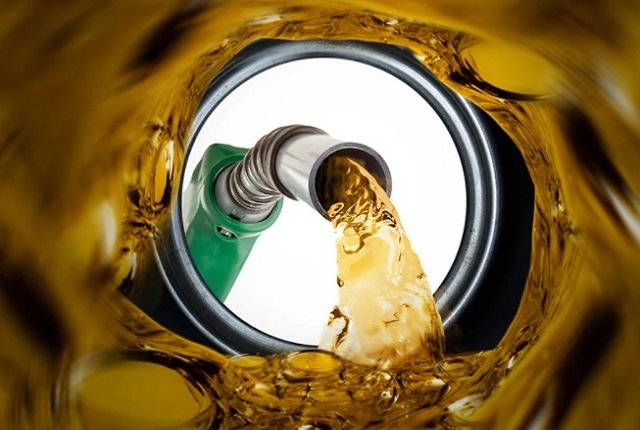A way government could cushion South Africa’s record-high petrol price in March
The government could make adjustments to better protect South African motorists from a record high petrol price in March, says Investec chief economist Annabel Bishop.
Bishop pointed to the slate levy which is typically used to smooth the fuel price over the course of a month.
“January’s petrol price easing was largely reversed in February, and a further price hike of up to R1.20/litre is currently seen for March, although the government does use the slate levy to absorb sudden fuel price changes as well.
“This particularly occurred in February when the under-recovery was running well above R1.00/litre, and at times closer to R2.00/litre but the government did not pass it through,” she said.
If the government does decide to lean on the slate levy, the petrol price increase in March could be closer to 60c/litre, she said. Even though the under-recovery is much bigger this month, the government is likely again not to pass it all through, she said.
Bishop added that global oil prices at over $90/barrel are not expected to subside in the immediate term. Economists warned this week that oil prices could be set for a “prolonged period” above $100 a barrel over the next six to nine months.
Mid-month petrol price data from the Central Energy Fund shows that the price of petrol and diesel are both likely to increase by more than R1.20/litre in March. Should current market conditions persist and these increases be realised, the hikes would see fuel prices pushed to record highs.
The mid-month changes are as follows:
- Petrol 95: increase of R1.26 per litre;
- Petrol 93: increase of R1.25 per litre;
- Diesel 0.05%: increase of R1.32 per litre;
- Diesel 0.005%: increase of R1.34 per litre;
- Illuminating Paraffin: increase R1.26 per litre.
The Department of Energy has stressed that the daily snapshots are not predictive and do not cover other potential changes like slate levy adjustments or retail margin changes, which is determined by the department at the end of the month, taking all variables into account.
In a research note on Monday (21 February), the Bureau for Economic Research (BER) said that it expects increases of around R1.30/litre.
Read: Oil set for a “prolonged period” above $100 a barrel

